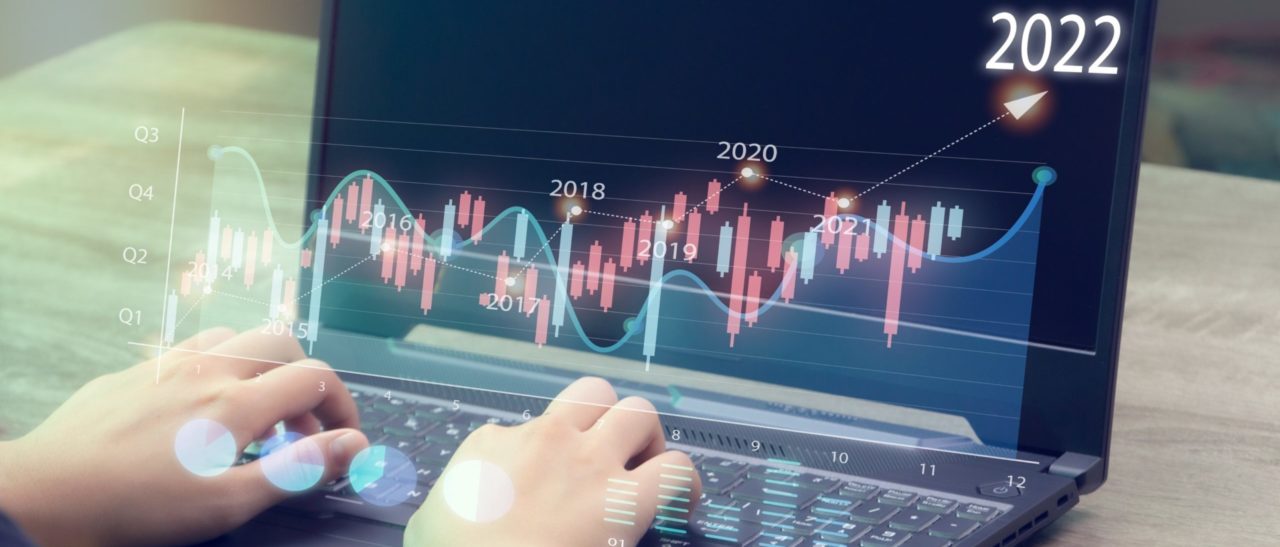Forex Trading Psychology: How to Master Your Emotions and Succeed in the Market
Read More
Forex trading is a complex and challenging activity, but it can also be very rewarding. However, one of the biggest challenges that traders face is their own psychology. Emotions can have a big impact on trading decisions, and if they are not managed effectively, they can lead to losses.
In this article, we will discuss the importance of forex trading psychology and how to master your emotions in order to succeed in the market.
What is Forex Trading Psychology?
Forex trading psychology is the study of how emotions affect trading decisions. It is important to understand how your emotions work and how they can influence your trading if you want to be successful in the market.
Some of the most common emotions that affect traders include:
Fear: Fear is a powerful emotion that can lead to traders making poor decisions. For example, a trader who is afraid of losing money may close a winning trade too early or hold on to a losing trade for too long.
Greed: Greed is another powerful emotion that can lead to traders making poor decisions. For example, a trader who is greedy may take on too much risk or enter a trade without doing their due diligence.
Overconfidence: Overconfidence is a belief that you are better than you really are. This can lead to traders making risky trades or ignoring warning signs.
How to Master Your Emotions in Forex Trading
There are a number of things you can do to master your emotions in forex trading. Here are a few tips:
Understand your emotions: The first step to mastering your emotions is to understand how they work. Pay attention to how you feel when you are trading and what triggers your emotions.
Develop a trading plan: Having a trading plan will help you to make decisions based on logic rather than emotion. Your trading plan should include your risk tolerance, your trading goals, and your trading strategy.
Use stop-losses: Stop-losses are a way to limit your losses. When you use a stop-loss, you automatically close a trade if it reaches a certain price level. This can help you to avoid large losses caused by emotions.
Take breaks: If you are feeling emotional, take a break from trading. Go for a walk, listen to music, or do something else that will help you to relax.
Seek professional help: If you are struggling to control your emotions, you may want to seek professional help. A therapist can help you to understand your emotions and develop coping mechanisms.
Conclusion
Forex trading psychology is an important part of successful trading. By understanding your emotions and how they affect your trading decisions, you can increase your chances of success in the market.
Here are some additional tips for mastering your emotions in forex trading:
Journal your trades: Keep a journal of your trades and note your emotions before, during, and after each trade. This will help you to identify patterns in your emotional responses and develop strategies for managing them.
Find a trading mentor: A mentor can provide you with guidance and support. They can help you to develop your trading skills and learn how to manage your emotions.
Join a trading forum: There are many online forums where traders can discuss their experiences and share tips. This can be a great way to learn from other traders and get support from a community of like-minded individuals.
Mastering your emotions is an essential part of successful forex trading. By following these tips, you can increase your chances of success in the market. If you’re looking to learn more about how to focus your mind so that you can improve your trading, get in touch with us today.
fsaA History in Forex (Foreign Exchange)
Read More
The origins of Forex can be traced back to the early 19th century, when merchants began to trade currencies in order to facilitate international trade. However, the modern Forex market did not really take shape until the 1970s, when the Bretton Woods system of fixed exchange rates collapsed.
How Forex is Different from Other Types of Stock Market Trading
Forex trading is different from other types of stock market trading in a number of ways. First, Forex is a 24-hour market, which means that it is open for trading all day and all night. This is in contrast to most stock markets, which are only open during regular business hours.
Second, Forex is a global market, which means that traders from all over the world can participate in it. This is in contrast to most stock markets, which are only open to traders from a specific country or region.
Third, Forex is a highly volatile market, which means that prices can fluctuate rapidly. This is in contrast to most stock markets, which are generally more stable.
Where Forex is Predicted to Go in the Future
The Forex market is expected to continue to grow in the future. This is due to a number of factors, including the increasing globalization of the economy, the rise of electronic trading, and the growing popularity of hedging and speculation.
Some of the factors that are expected to drive the growth of the Forex market include:
- The increasing globalization of the economy: As the world becomes more interconnected, businesses will need to trade with partners in other countries. This will require them to exchange currencies, which will drive demand for Forex trading.
- The rise of electronic trading: Electronic trading has made it easier and cheaper for traders to participate in the Forex market. This has led to an increase in the number of traders and the volume of trading.
- The growing popularity of hedging and speculation: Hedging is the practice of using derivatives to protect against losses in the underlying asset. Speculation is the practice of trading in the hope of making a profit. Both hedging and speculation are expected to drive the growth of the Forex market in the future.
Conclusion
The Forex market is a complex and ever-changing market. However, it is also a market that offers significant opportunities for traders. If you are interested in trading Forex, it is important to do your research and to understand the risks involved.
To learn more about the foreign exchange market on a more in-depth basis, get in touch with us today at contact@tradeandtrain.com.
I hope this article has been informative. Let me know if you have any other questions.
fsa




